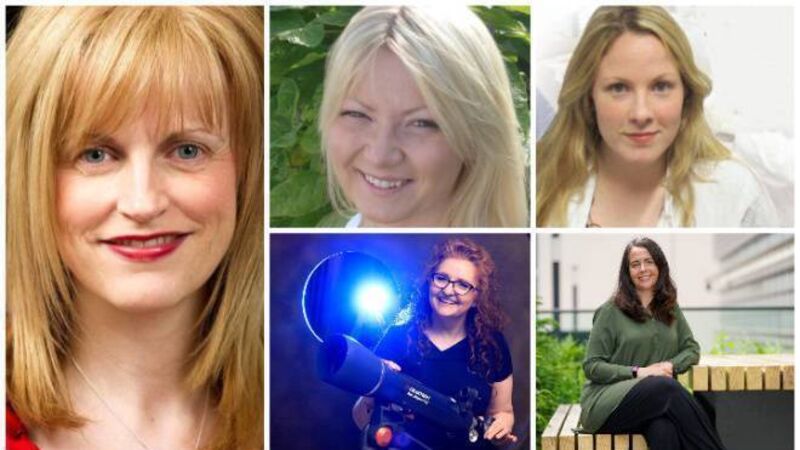See it and be it — Irish women outstanding in the science field

Some of Ireland's pioneering female scientists
Try from €1.50 / week
SUBSCRIBEFrom Bantry Bay botanist Ellen Hutchins to crystallographer Kathleen Lonsdale and famed microscopist Mary Ward, Irish women’s contributions to the story of science have been immense.
These pioneers paved the way for the future and today there are more Irish women than ever working in the many fields of ever-changing science.
Already a subscriber? Sign in
You have reached your article limit.
Annual €130 €80
Best value
Monthly €12€6 / month
Introductory offers for new customers. Annual billed once for first year. Renews at €130. Monthly initial discount (first 3 months) billed monthly, then €12 a month. Ts&Cs apply.
CONNECT WITH US TODAY
Be the first to know the latest news and updates
Newsletter
The best food, health, entertainment and lifestyle content from the Irish Examiner, direct to your inbox.
Newsletter
The best food, health, entertainment and lifestyle content from the Irish Examiner, direct to your inbox.
© Examiner Echo Group Limited